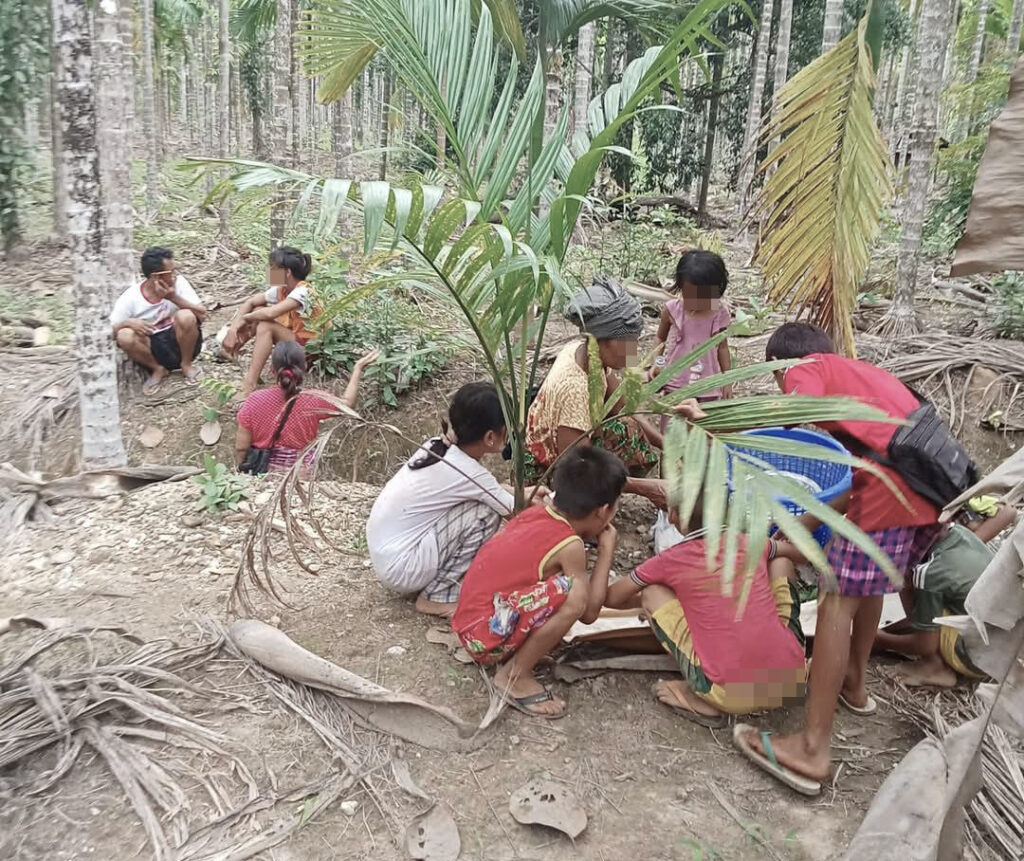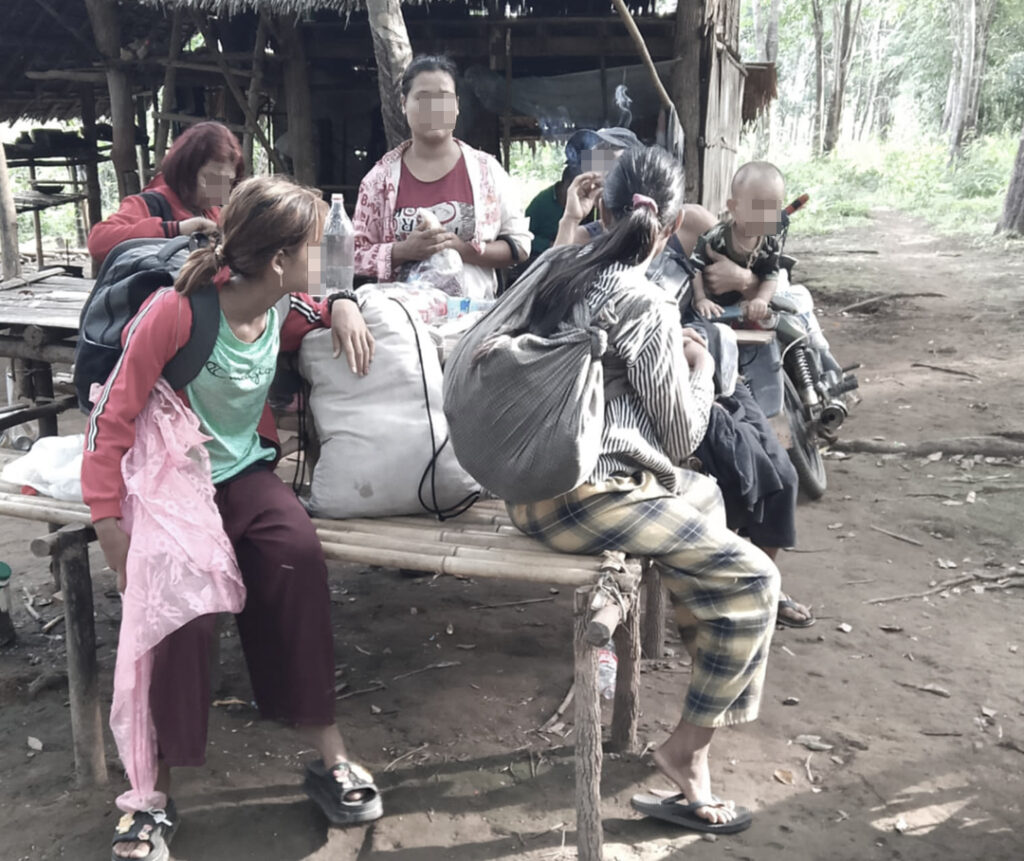Junta Cuts Off Communications in Yebyu Township Amid Ongoing Clashes, Forcing Thousands to Flee
April 23, 2025
As fighting intensifies in Min Thar village tract, Yebyu Township, Tanintharyi Region, the military junta has deliberately cut off phone and internet services, leaving civilians isolated, unable to call for help, and struggling to make life-saving decisions. The ongoing communication blackout is not only creating fear and panic among residents but also amounts to a serious violation of international humanitarian law and human rights principles.
According to local sources, clashes broke out on the morning of April 20 between junta forces stationed in Min Thar village and local armed resistance groups. Following the confrontation, the junta rapidly deployed reinforcements via water routes and soon after shut down all communication services in the area.
“Min Thar doesn’t have internet access anymore,” said a resident from Tharyar Mon village. “I tried calling a friend from that area and couldn’t get through. People over there told us the network went down right after the fighting started. It’s nearly impossible to reach anyone now. Most villagers have already fled. Some made it here to our side, but we don’t know how many more are still hiding or trapped.”
By the afternoon of April 21, the sound of artillery fire could still be heard from Min Thar, and local reports indicated that fighting was ongoing. Residents said junta soldiers had taken control of the local monastery, using it as a base, and were patrolling the area regularly. At least seven villages have been emptied, according to local resistance sources, as families flee in fear for their lives. Many have sought shelter deep in the forest, while others have hidden in farmland and gardens closer to the village, hoping to stay just out of harm’s way.
Villagers from Nat Kyi Sin, Sein Bon, Yay Ngan Gyi, and Sin Swe were advised by local resistance groups to relocate at least a mile from their homes to avoid the danger of artillery and airstrikes. This warning came without any official notification system—made impossible by the communication blackout, which has forced communities to rely on word-of-mouth alerts and guesswork.
Human rights documentation teams who recently visited the displacement sites reported heartbreaking conditions. People spoke of complete disconnection from their loved ones and no way to receive early warnings of incoming attacks. Without reliable communication, they said they don’t know when to run or where to hide. Many families are doing their best to survive in improvised bomb shelters, and others are simply lying low in the woods, too frightened to move. Supplies are running low, especially food. There is growing concern about children and the elderly, who are now at risk of malnutrition and untreated health conditions. Some villagers shared that their greatest fear is not knowing what’s happening around them, and being unable to escape if danger returns.
One man, speaking from a temporary hiding spot, said, “The scariest part is the silence. No phones, no signal—just the fear that something could happen, and we’ll never know it’s coming.”
Although no martial law has been declared in the region, the presence of armed troops, the takeover of civilian structures such as schools and monasteries, and the forced displacement of entire communities have turned Yebyu into an open conflict zone. Families continue to scatter, food shortages worsen, and the silence of the disconnected villages becomes more chilling by the day.
As the humanitarian crisis deepens, the need for urgent international action grows. Pressure must be placed on the junta to stop these violations, restore essential services, and allow civilians to live and move safely. Until then, the people of Yebyu are left in the dark—both figuratively and literally—waiting for the world to pay attention.





















































